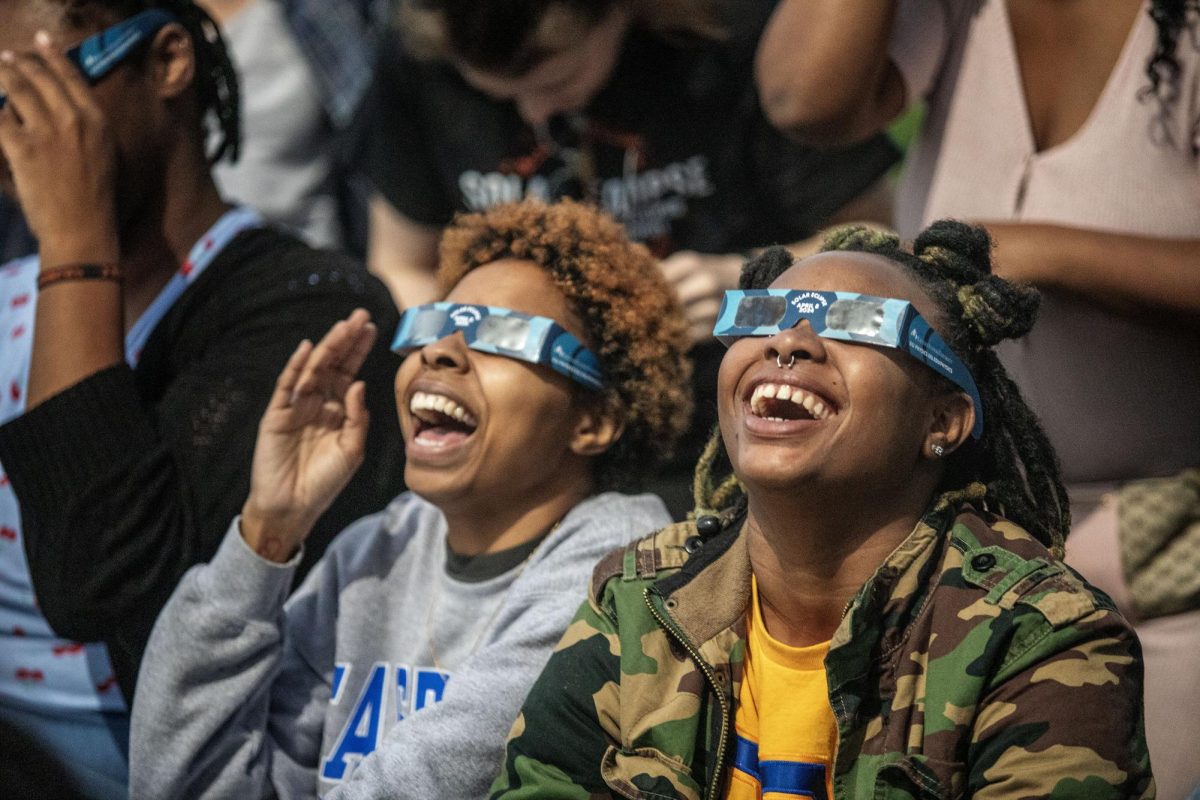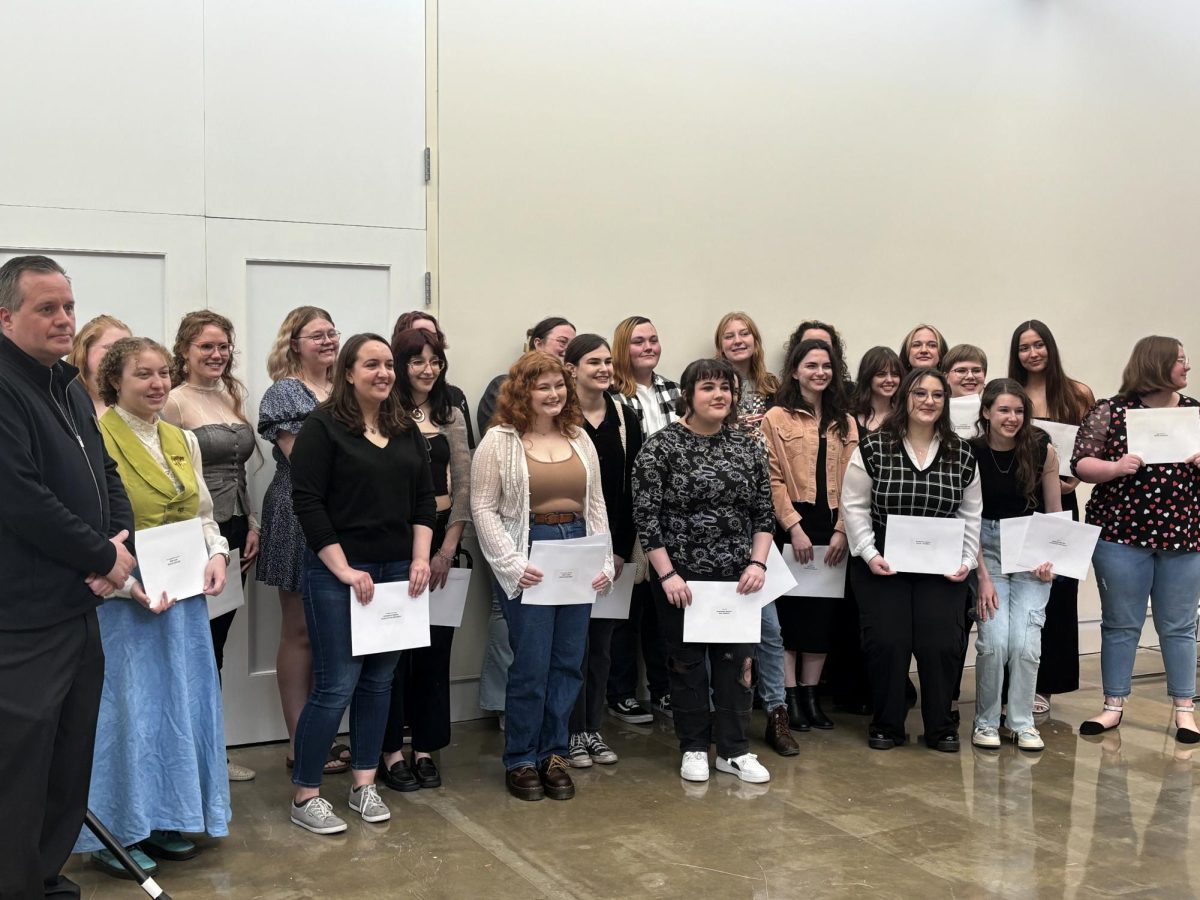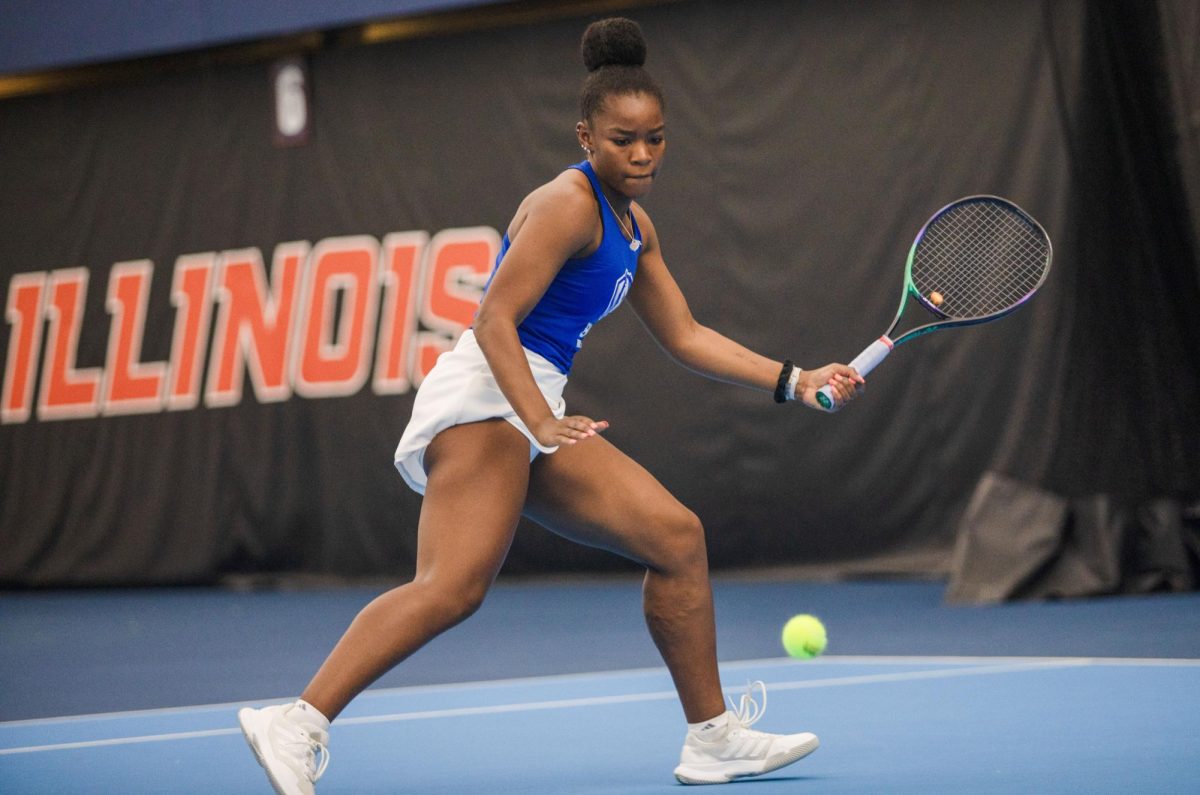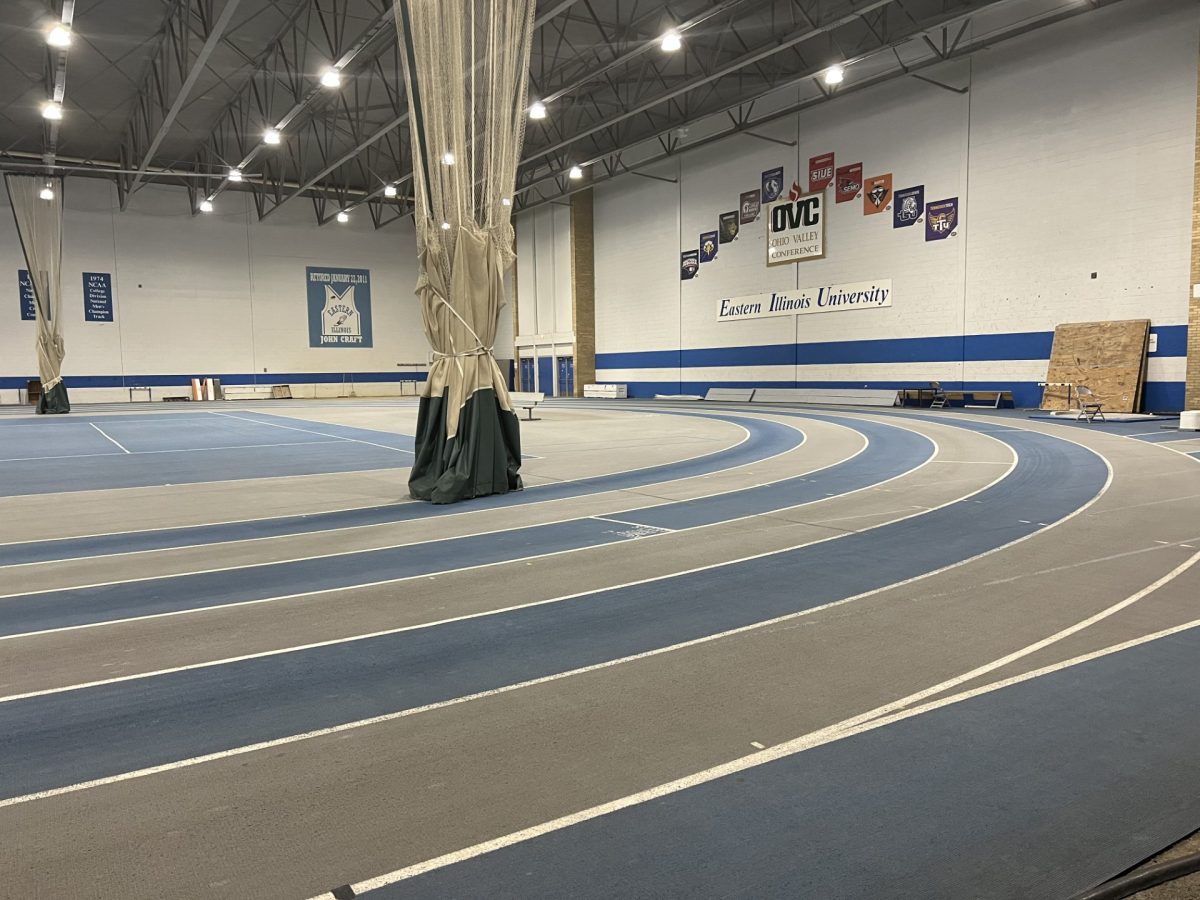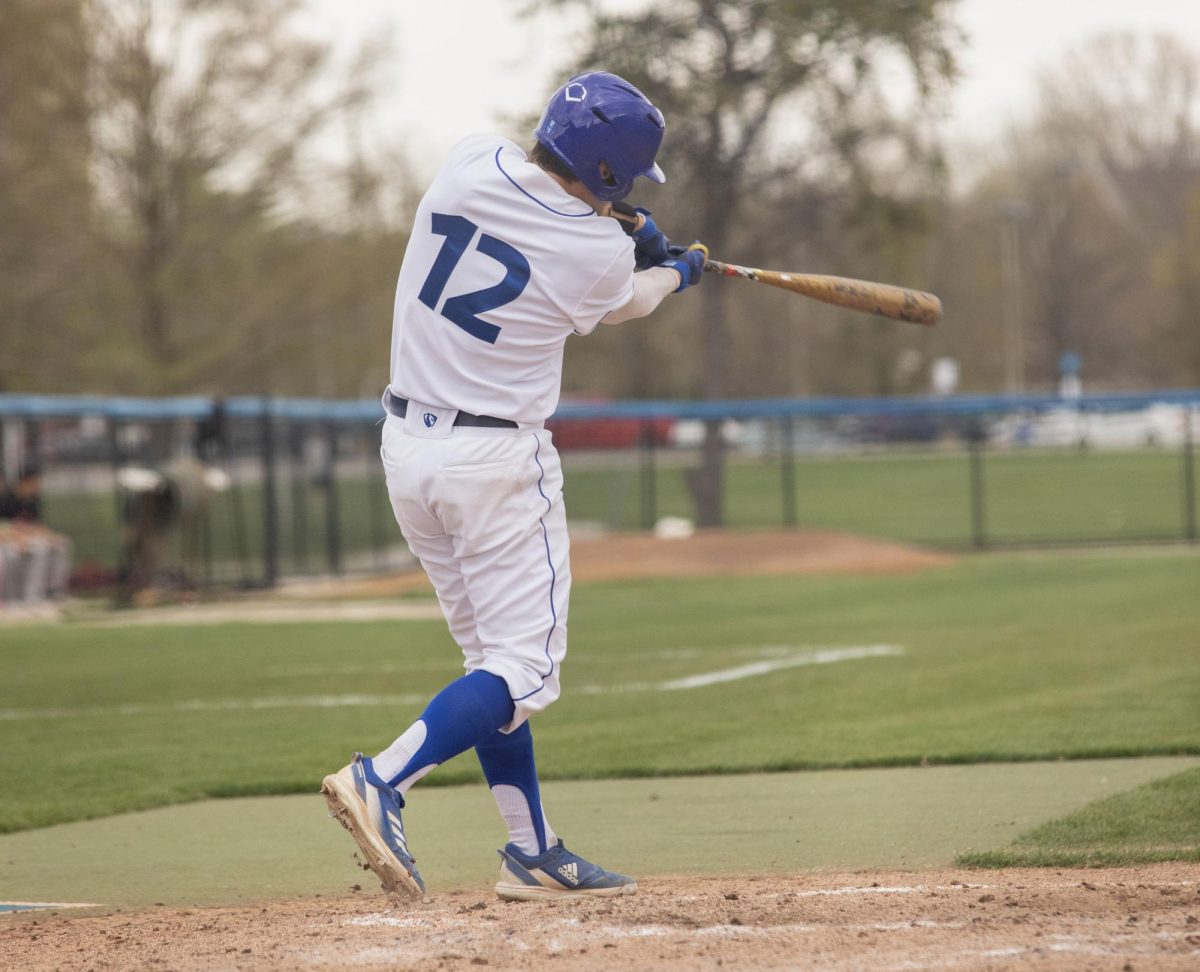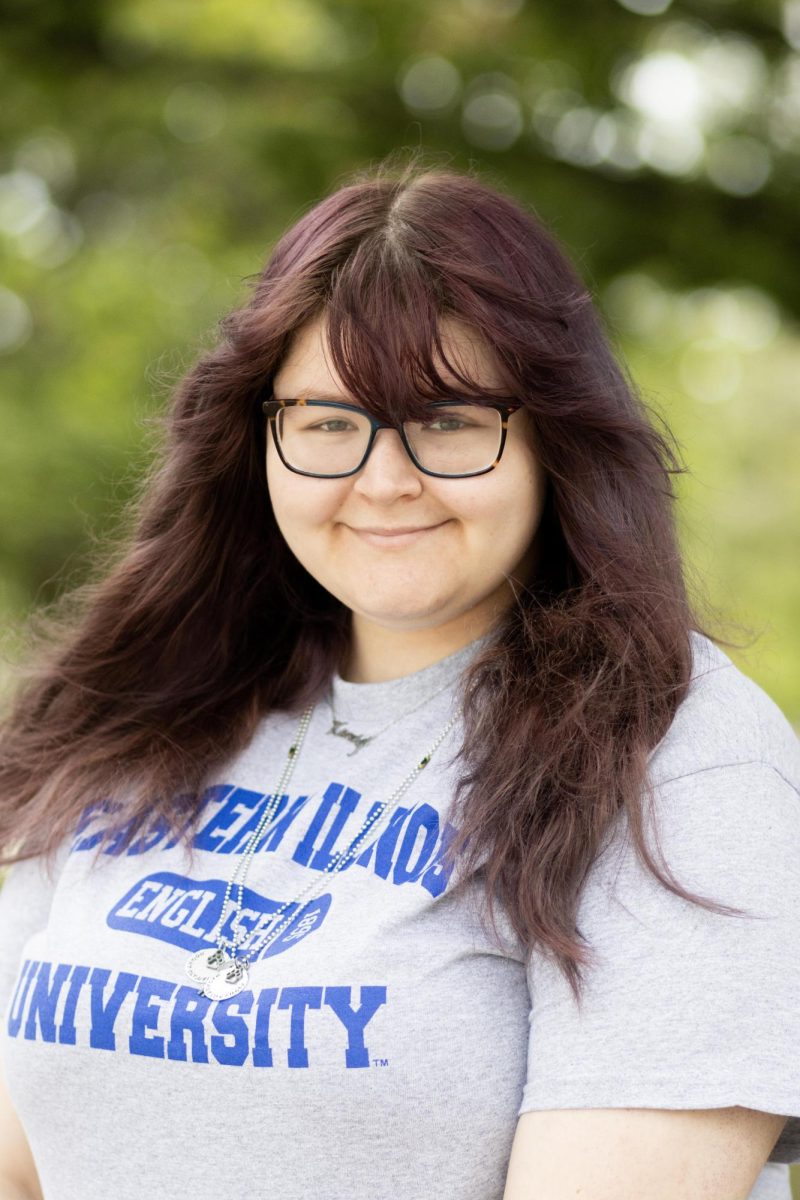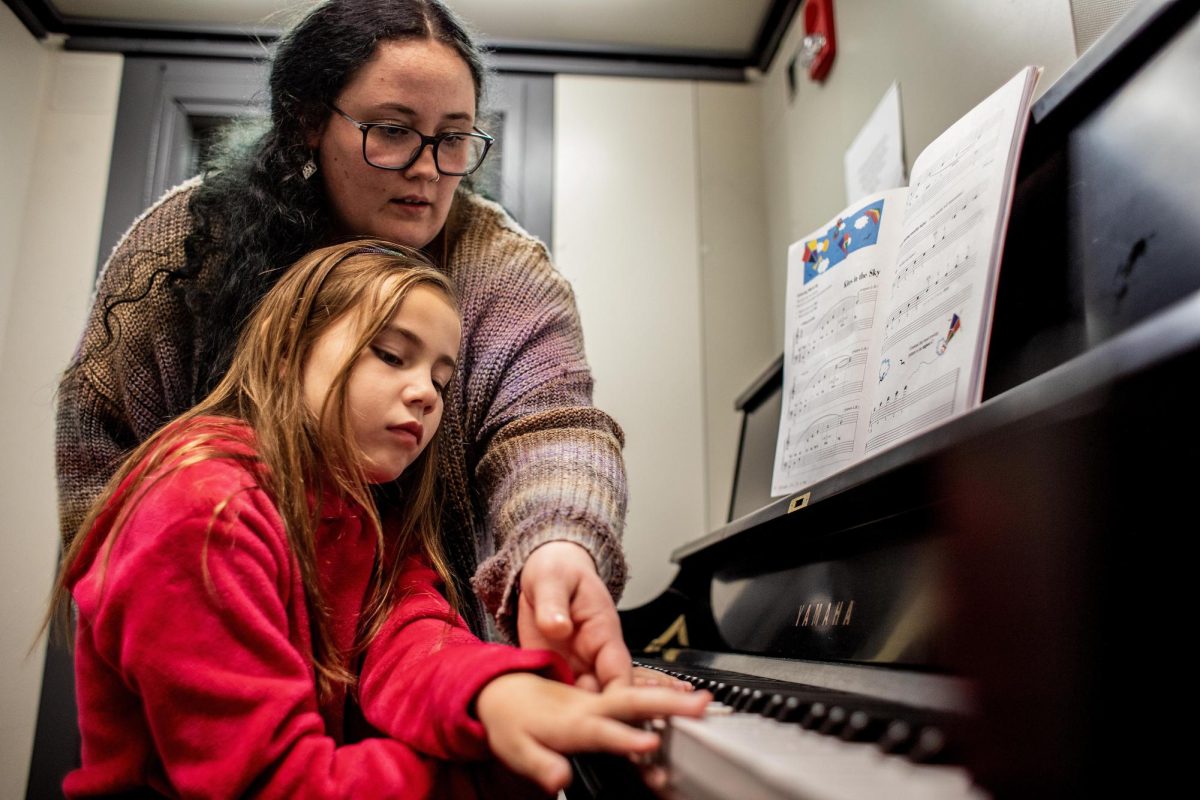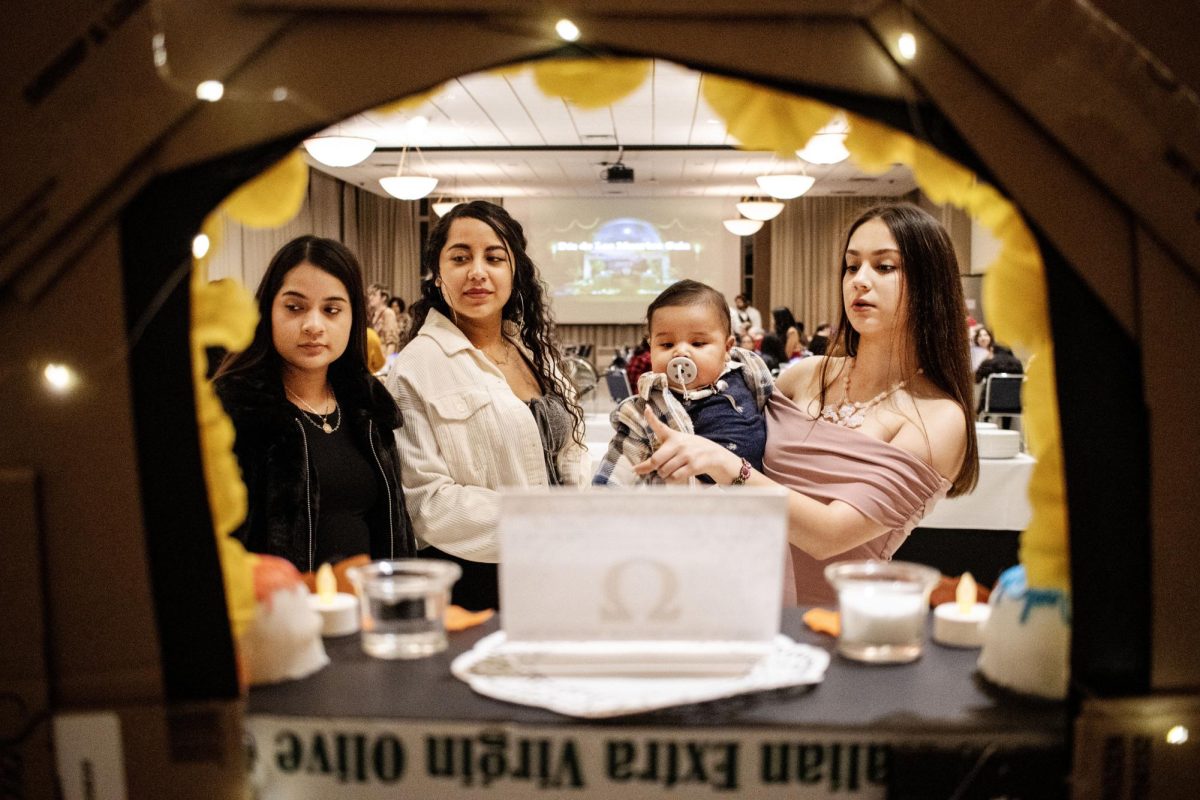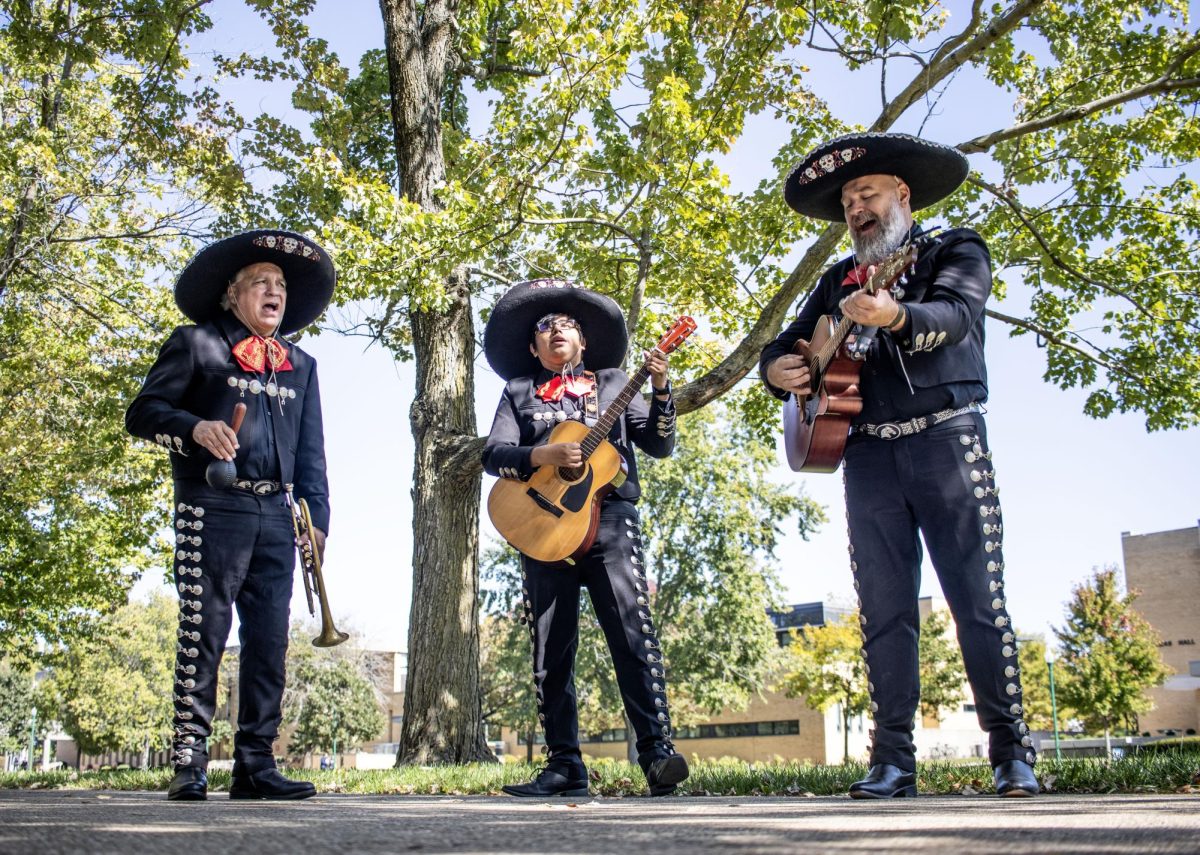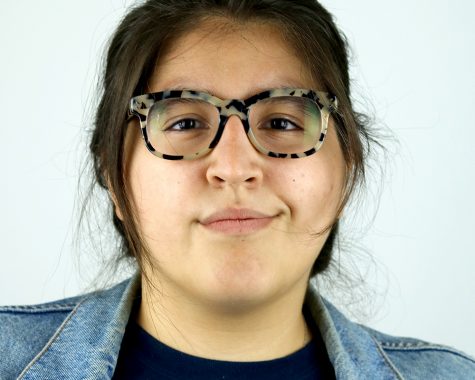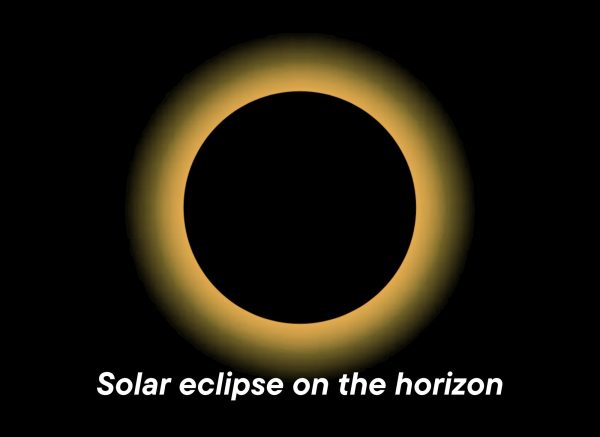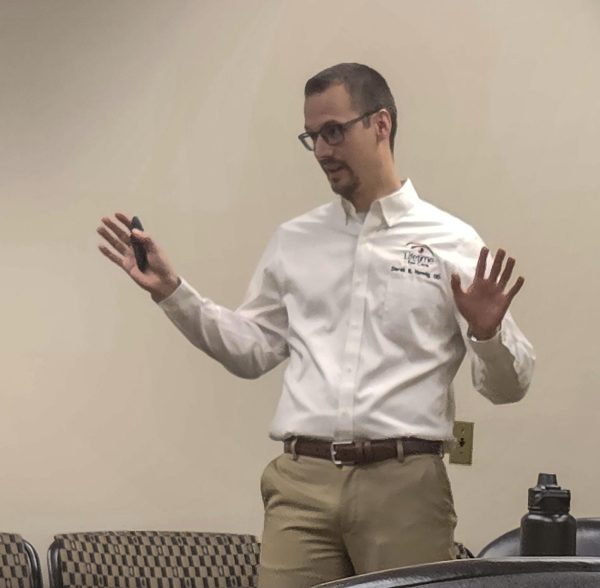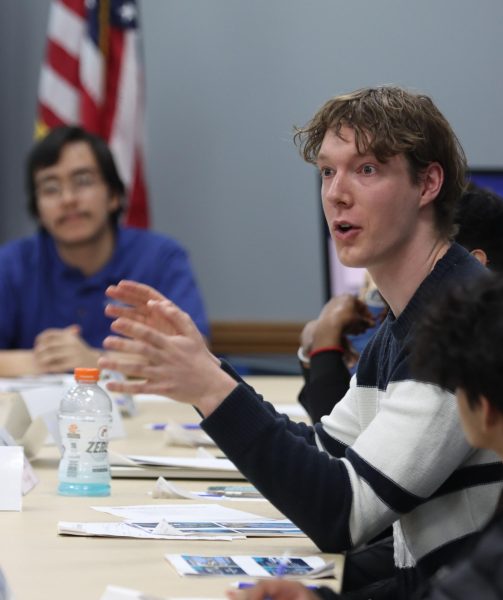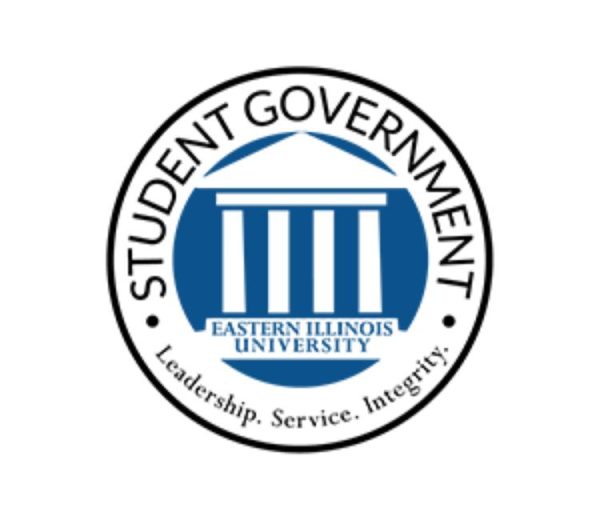Potential signature programs presented to Workgroup members
March 5, 2017
Two departments presented ideas for signature programs at Workgroup No. 8, Academic Visioning I’s meeting Friday.
Physics professors Jie Zou and Doug Brandt presented on behalf of the physics department and proposed a bachelor’s degree program in electrical engineering.
Kathleen O’Rourke, graduate coordinator for the master’s program in aging studies and Melanie Burns, the interim chair of the family and consumer sciences department, proposed making the graduate program in aging studies a signature program.
Zou said there is a strong need for graduates in science, technology, engineering and math fields.
Currently, she said, Eastern has degree programs in science, technology and math but not a stand-alone degree program in engineering.
Referring to a table from the U.S. Department of Education, Zou said Eastern needs an engineering program because jobs in the field will increase by 14 percent.
She said the most common degree prospective students inquire about is engineering and there are thousands of students involved in engineering programs at other universities.
Southern Illinois University-Edwardsville alone has 1,400 students in its program, she Zou said.
“Certainly, this shows how attractive a stand-alone engineering program is to students,” she said.
Zou said the coursework required for an electrical engineering major reflects work already needed for math and science majors in their first two years.
This means it requires a minimal amount of additional resources to start the program, she said.
Zou said the proper facilities are already available for the program, such as the electronics laboratory and a laboratory used for circuit analysis.
In terms of faculty who will teach the required courses, Zou said there are professors in the physics department who can teach the physics portion of the material and in the math department who can teach the math portion.
Zou said these courses would act as general education courses for electrical engineering majors.
There are currently only two faculty members who can teach upper-level courses, including Zou and Brandt.
What the major would require is one tenured faculty member who can teach the electrical engineering courses and who also has strong industry contacts.
The reason for these contacts is to offer students a bridge to internship opportunities, which are needed for the program to be approved by the Accreditation Board of Engineering and Technology.
Zou said an Annually Contracted Faculty member to teach physics courses would be needed because she and Brandt would be teaching electrical engineering courses.
Starting a full-blown College of Engineering would be too costly and therefore needs to be done in increments, Zou said.
“If this implementation is successful, then we can consider expanding from a single electrical engineering degree program to a full College of Engineering,” Zou said.
She said one way to attract students to Eastern’s potential program is by recruiting those who may have been rejected from other universities.
Zou said the total applicants who applied to the electrical engineering program at the University of Illinois Urbana-Champaign, according to 2017 data, was about 800 students, though only 558 were accepted.
“So about 239 did not get admitted, that’s about 30 percent of the total applicants,” she said. “So that’s why we chose electrical engineering… We want to catch that 30 percent.”
For the proposal to make the graduate program in aging studies a signature program, O’Roarke said there is growing demand in the field.
She said upon graduation, students can enter the career field of a gerontologist, addressing the physical, social, emotional and mental needs of older adults and those who care for and serve older adults.
She said some examples depicting the major issues and trends related to aging and leading to the growing demand for this career include current debates on Social Security and Medicare and the impact of the baby boomer generation.
“Our baby boomers have started turning 70 and the demand is significant on society,” O’Rourke said. “If we think about those aging demographics right now, we have 46 million individuals in the U.S. who are 65 and older and mid-century projection is 98 million so there is a demand, people are aging, so it’s now and it’s the future.”
She said when it comes to aging studies there are six signature features making it a signature program.
“We are reputable, interdisciplinary, flexible and affordable,” she said as the first feature.
The program is one of four schools in the state to offer a graduate degree in aging studies or gerontology.
Eastern offers the lowest tuition of the four schools, at $289 per credit hour.
O’Rourke said higher education collaboration results from working with the other schools and works as another key feature.
Student leadership development throughout the program and after graduation is another key feature, she said.
O’Rourke said the program has developed several community partnerships and integrative learning opportunities with these partnerships.
The program is partnering with Arbor Rose Memory Home Care, the Coles County Lifespan Center, the Academy of Lifelong Learning and Fellowship Center in Mattoon.
O’Rourke also cited the program’s external research grant activity as a signature feature.
The central goal, she said, is to professionalize the aging studies program and therefore make it stand out because of the growing field.
O’Rourke said because of the outline of the program and the potential in continued growth in enrollment, with more resources, the program should at least warrant a discussion about pursing a signature program.
Analicia Haynes can be reached at 581-2812 or [email protected].




